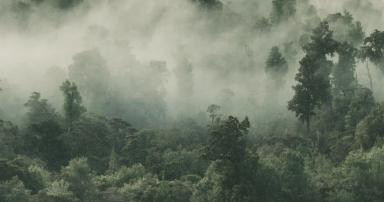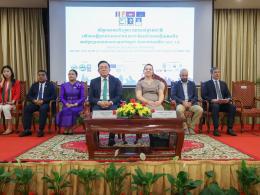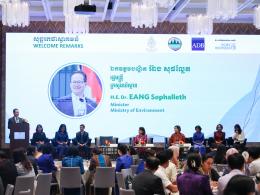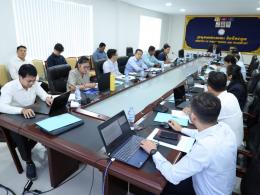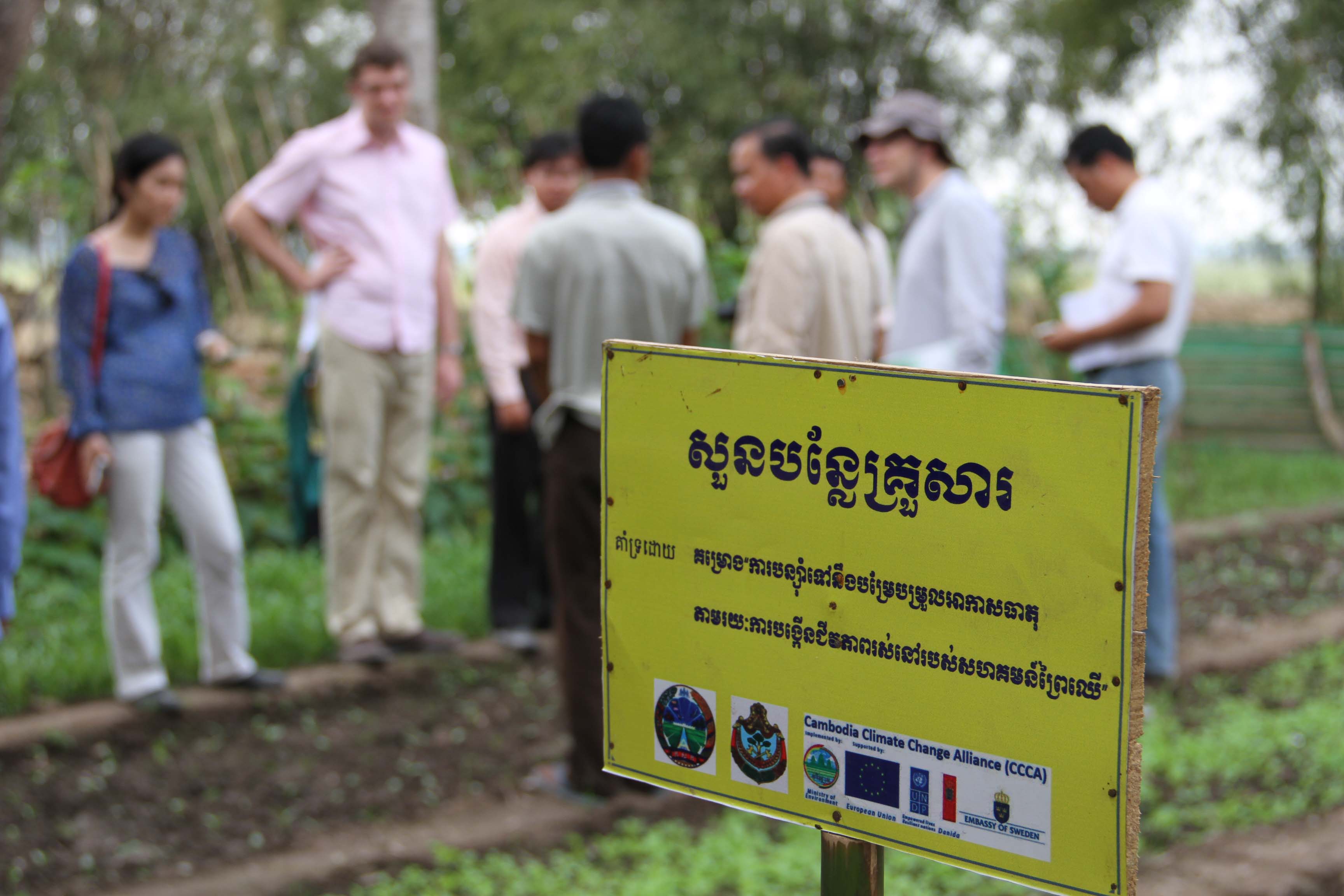
On 15th January 2013, a delegation of Cambodia Climate Change Alliance programme, which consisted of CCCA staff and representatives from development partners including representatives of the European Union, UNDP and the Embassy of Sweden visited CCCA beneficiaries in Svay Rieng Province. In this province, one of the CCCA projects under the 1st call for proposal titled “Adaptation to Climate Change Through Alternative Livelihoods in Community Forestry” which is implemented by the Department of Forest and Community Forest of the Forestry Administration, is supporting local communities to adapt to climate change.
Significant activities include building capacity within local community to sustainably manage the Community Forest and providing options for adaptive practices to enhancing food security through home gardens and bio-digesters.
From direct interviews, there are positive feedbacks from beneficiaries, particularly women. Their household works have been reduced and they can ensure the food security for their family since the project introduced the bio-digester and home gardening techniques. “Before I have to collect firewood from the forest, now I don’t need to and I don’t need to face with the smoke. My health is better and I can well manage my family food by growing vegetable garden.” Said Ms. In Sok, a 54 years old lady in Ang Kdouch village, Chantrea district.
Dung of livestock is collected for the bio-digester to produce methane gas that can be burned into energy for cooking and lighting the house. This can reduce the reliance on firewood and high cost electricity. Waste from the bio-digester can be used as organic fertilizer to substitute the chemical fertilizer and to feed animals and fish. People can save some of the expanses and earning some income from vegetable garden and livestock.
This project also works in building community capacity in sustaining the community forest which is about 404 hectares land. Currently there are 677 families from 3 districts have become members of the community forest and they volunteer in guarding the forest. People can receive some direct benefits from the forest including collecting wild mushrooms, traditional medicine and dead branches for firewood.

